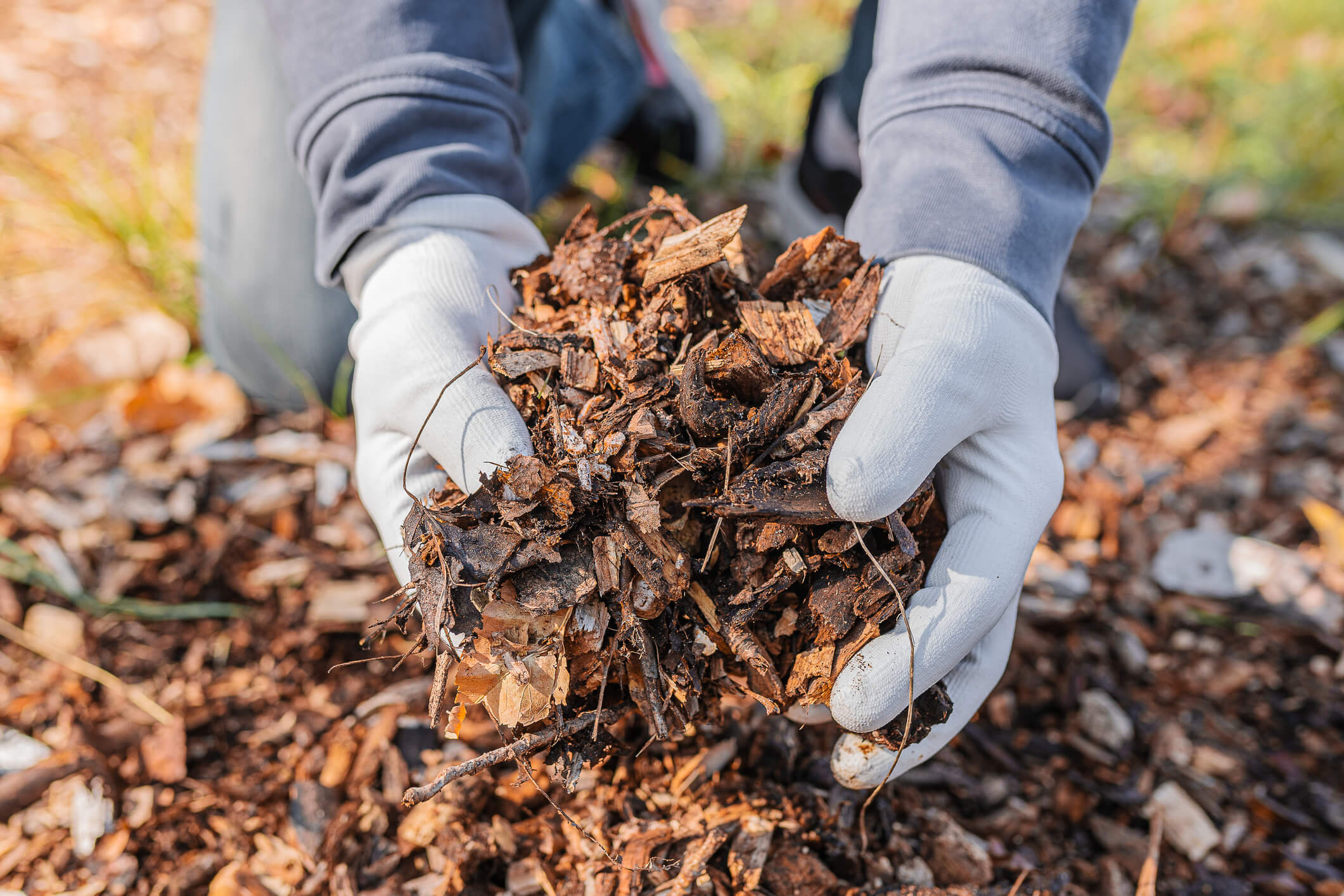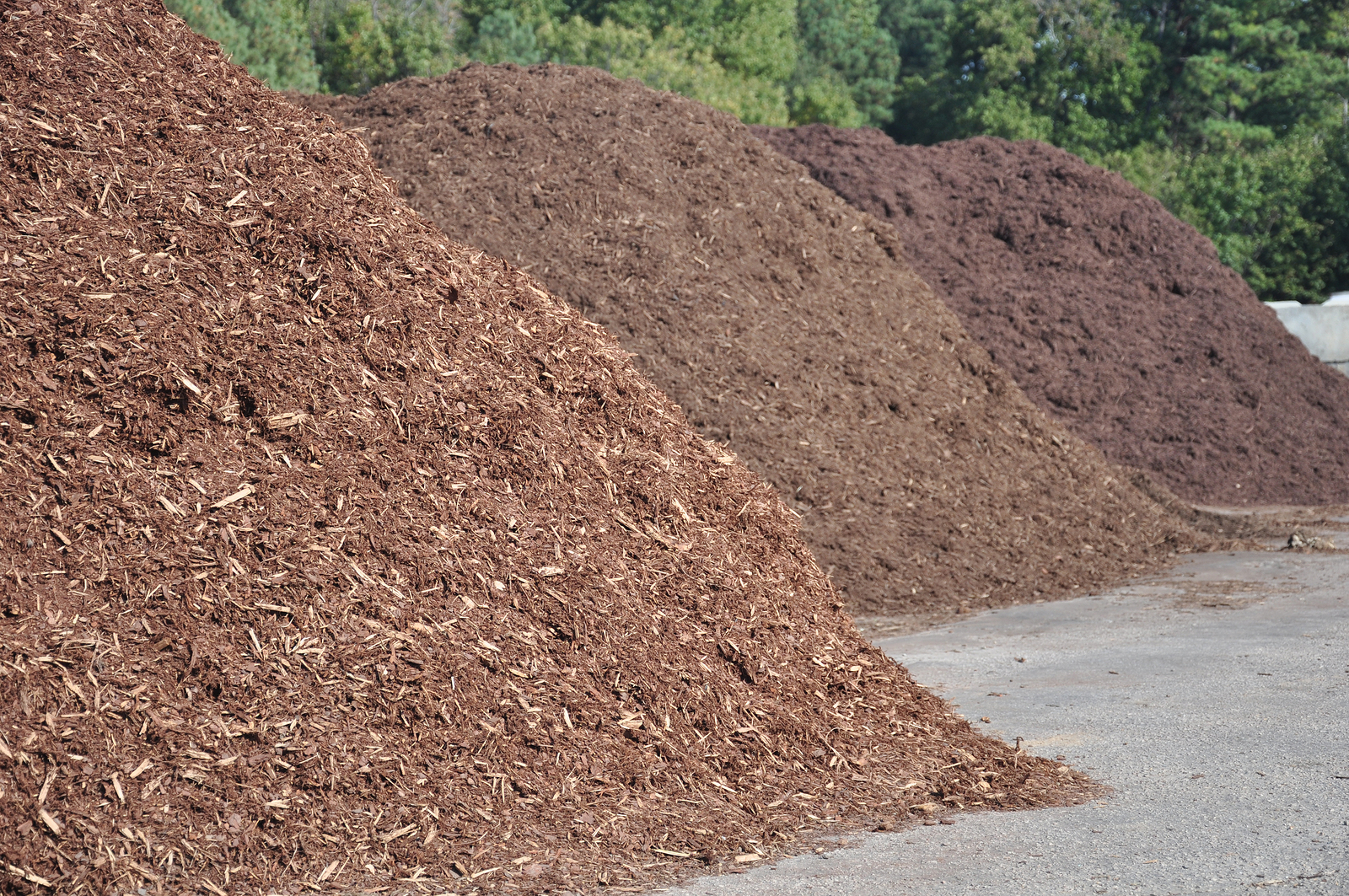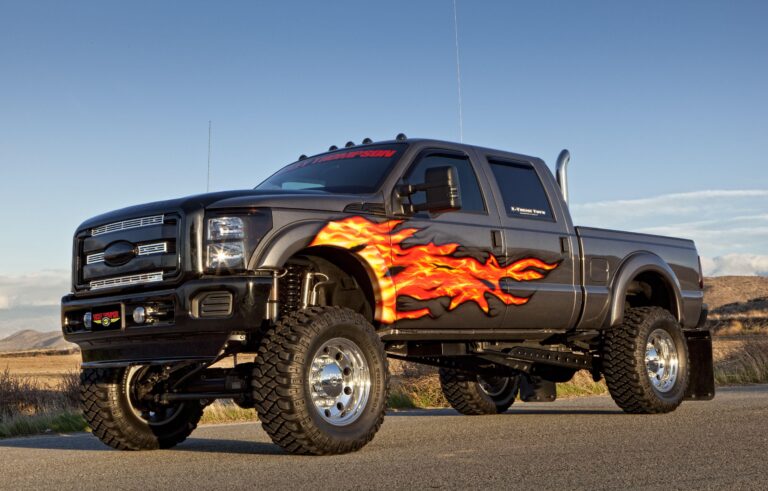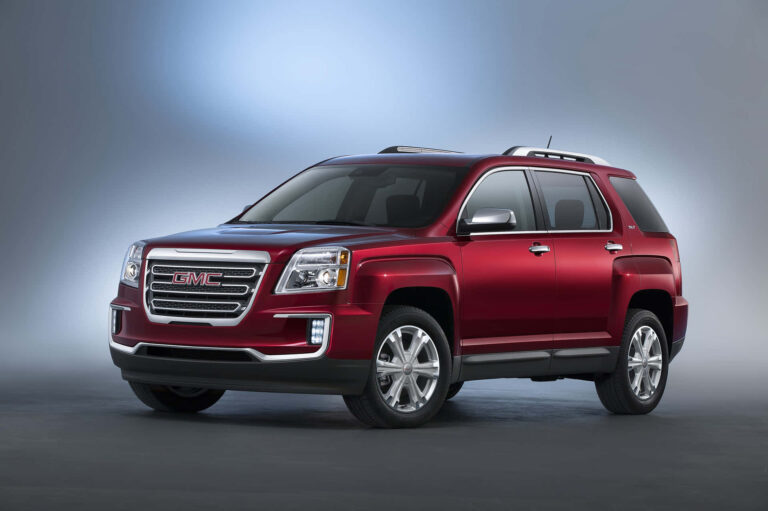Mulch Blower Trucks For Sale: Your Comprehensive Guide to Investing in Efficiency
Mulch Blower Trucks For Sale: Your Comprehensive Guide to Investing in Efficiency cars.truckstrend.com
In the world of landscaping, erosion control, and material application, efficiency is paramount. Manual labor is time-consuming, physically demanding, and often less precise, especially when dealing with large volumes of materials like mulch, compost, or aggregates. This is where the mighty mulch blower truck rolls in, transforming labor-intensive tasks into streamlined, high-speed operations. For businesses looking to scale up, reduce operational costs, and take on more ambitious projects, a mulch blower truck is not just a piece of equipment; it’s a strategic investment.
This comprehensive guide delves into everything you need to know about "Mulch Blower Trucks For Sale," from understanding their function and benefits to navigating the purchasing process, exploring various types, and addressing common concerns. Whether you’re a seasoned landscaper, a golf course superintendent, an erosion control specialist, or a municipal contractor, this article will equip you with the knowledge to make an informed decision.
Mulch Blower Trucks For Sale: Your Comprehensive Guide to Investing in Efficiency
What Exactly is a Mulch Blower Truck?
At its core, a mulch blower truck is a specialized vehicle designed for the efficient, high-volume application of bulk materials. It typically consists of a heavy-duty truck chassis equipped with a large material hopper, a powerful blower system, and a flexible hose with a remote-controlled nozzle.
The process is remarkably simple yet highly effective: bulk material, such as wood mulch, topsoil, compost, stone, or playground chips, is loaded into the truck’s hopper. An internal conveyor system then feeds this material into a high-powered airlock and blower, which propels it through a long, flexible hose. Operators can then precisely direct the flow of material, even in hard-to-reach areas like sloped landscapes, intricate garden beds, or behind existing structures, all while remaining at ground level. This innovative design eliminates the need for wheelbarrows, shovels, and extensive manual spreading, dramatically increasing productivity and reducing physical strain.
Why Invest in a Mulch Blower Truck? Unpacking the Benefits
The decision to purchase a mulch blower truck is often driven by a desire for increased operational efficiency and profitability. Here are the compelling benefits that make these machines an invaluable asset:
- Unparalleled Efficiency and Speed: The most significant advantage is the sheer speed of application. A mulch blower truck can apply tons of material in a fraction of the time it would take a crew doing it by hand. This translates directly into more projects completed per day or week, boosting overall revenue.
- Significant Labor Savings: By automating the spreading process, mulch blower trucks drastically reduce the number of laborers required for a job. Fewer hands on the ground mean lower payroll costs, fewer worker’s compensation claims, and less logistical hassle for managing large crews.
- Superior Precision and Uniformity: The remote-controlled nozzle allows operators to apply material with exceptional accuracy, ensuring an even layer across the entire surface. This uniformity is crucial for aesthetic appeal, proper drainage, and effective erosion control. It also allows access to tight spaces, steep slopes, and difficult terrain where traditional methods are impractical.
- Remarkable Versatility: These trucks are not just for mulch. They can handle a wide array of materials, including:
- Organic Mulch: For landscaping, weed suppression, and moisture retention.
- Compost & Soil Amendments: For soil enrichment and planting.
- Aggregate & Stone: For drainage, decorative pathways, or specialized ground cover.
- Playground Materials: Such as engineered wood fiber (EWF) for safety surfacing.
- Erosion Control Materials: Including straw, compost blankets, and specialized blends for stabilization.
- This versatility opens up new service offerings and revenue streams for your business.
:max_bytes(150000):strip_icc()/SPR-natural-vs-colored-mulch-2131981-hero-0c965fa9fdaf4517a8c54cfecd22a964.jpg)
- Enhanced Safety: Manual spreading involves repetitive motions, heavy lifting, and potential hazards from uneven terrain. Blower trucks significantly reduce the physical strain on workers, minimizing the risk of injuries related to back strain, repetitive motion, and trips or falls.
- Professional Image and Competitive Edge: Owning a mulch blower truck immediately elevates your company’s professional image. It signals to clients that you are equipped for large-scale, high-quality projects, allowing you to bid on and win bigger, more lucrative contracts that manual operations simply cannot handle.


Key Considerations When Buying a Mulch Blower Truck
Purchasing a mulch blower truck is a significant investment, and careful consideration is required to ensure you select the right machine for your specific needs.
- New vs. Used:
- New Trucks: Offer the latest technology, full warranties, and often financing options. They come with peace of mind regarding performance and longevity. However, the upfront cost is considerably higher.
- Used Trucks: Can provide substantial cost savings, making them attractive for businesses with tighter budgets or those just entering the blower truck market. However, they come with risks: potentially higher maintenance costs, no warranty (or limited), and a need for thorough inspection.
- Hopper Capacity: This dictates how much material the truck can carry and apply per load. Match the capacity to your typical job sizes. Smaller hoppers (e.g., 10-20 cubic yards) are suitable for residential or medium-sized commercial projects, while larger units (e.g., 30-50+ cubic yards) are ideal for large-scale commercial, municipal, or erosion control jobs.
- Blower Power and Reach: The engine size and blower system (measured in CFM – cubic feet per minute) determine how far and how fast material can be propelled. Consider the typical distances you’ll need to reach from the truck and the desired application speed. Hose length is also a critical factor here.
- Chassis and Drivetrain: The truck chassis is the foundation. Evaluate its condition (if used), engine type, transmission, and axle configurations. Ensure it’s robust enough to handle the weight of materials and the demands of your operating environment (e.g., off-road capability if needed).
- Material Compatibility: While most blower trucks are versatile, confirm that the specific model you’re considering is optimized for the primary types of materials you intend to blow. Some systems are better suited for light organic materials, while others can handle heavier aggregates.
- Maintenance and Parts Availability: Research the ease of maintenance, the complexity of repairs, and the availability of replacement parts. Common brands often have better parts availability and a wider network of service technicians.
- Brand Reputation and Resale Value: Reputable manufacturers like FINN, Express Blower (by Fecon), Reinco, and Peterson have established track records for reliability and durability. Trucks from these brands often hold their value better, which is important for future upgrades or resale.
- Budget and Financing: Establish a clear budget, including not just the purchase price but also potential financing costs, insurance, and initial operating expenses. Explore financing options if necessary.
- Training and Support: Inquire about training programs offered by the seller or manufacturer for operating and maintaining the equipment. Good support can be invaluable, especially for new owners.
Types of Mulch Blower Trucks
Mulch blower trucks come in various configurations to suit different operational scales and preferences:
- Truck-Mounted Units: These are the most common and comprehensive solution, where the entire blower system and hopper are permanently mounted onto a truck chassis. They are self-contained, highly mobile, and designed for continuous, high-volume work.
- Trailer-Mounted Units: For businesses that already own suitable trucks or prefer more flexibility, trailer-mounted blower systems offer a viable alternative. They are pulled by a separate truck, allowing the towing vehicle to be used for other purposes when the blower is not in use. They typically have smaller capacities than dedicated truck-mounted units.
- Skid-Mounted Units: These systems are designed to be mounted onto existing flatbed trucks or trailers, offering a custom solution. They are less common for dedicated blower operations but can be useful for specialized applications or for integrating into an existing fleet.
- By Capacity: Beyond mounting style, trucks are often categorized by their hopper capacity, ranging from smaller units (e.g., 10-20 cubic yards) ideal for residential and light commercial jobs, to large industrial-grade machines (e.g., 40-60+ cubic yards) for major infrastructure or erosion control projects.
Tips for Finding the Right Mulch Blower Truck For Sale
Navigating the market for a mulch blower truck can be complex. Here are some actionable tips:
- Define Your Needs Clearly: Before you start looking, quantify your typical job sizes, the types of materials you’ll primarily be blowing, your average daily/weekly material volume, and your budget. This will narrow down your options significantly.
- Research Reputable Dealers and Manufacturers: Stick to well-known brands and dealers with good reputations for customer service and after-sales support. Check online reviews and ask for references.
- Thoroughly Inspect Used Trucks: If considering a used truck, a professional inspection is non-negotiable. Pay close attention to:
- Engine and Drivetrain: Check for leaks, unusual noises, and proper fluid levels.
- Blower System: Inspect the blower itself, the airlock, and all associated plumbing for wear, cracks, or damage.
- Hydraulics: Check hoses, pumps, and cylinders for leaks or signs of wear.
- Hopper and Conveyor: Look for corrosion, structural damage, and the condition of the conveyor belt and chain.
- Wear Parts: Assess the condition of the hose, nozzles, and any other parts that experience high wear.
- Request Maintenance Records: For used trucks, a detailed maintenance history can provide invaluable insight into how well the machine has been cared for.
- Ask for a Demonstration: Always request a live demonstration of the truck in operation, ideally with the type of material you plan to use. This allows you to assess its performance, noise levels, and the ease of operation.
- Consider Warranties: New trucks come with warranties, but some dealers may offer limited warranties on certified used equipment. Understand what is covered and for how long.
- Factor in Transportation Costs: If purchasing from out of state, remember to budget for transportation of the truck to your location.
Challenges and Solutions
While the benefits are numerous, there are potential challenges associated with owning a mulch blower truck:
- High Initial Investment:
- Solution: Explore financing options through equipment lenders or the manufacturer. Consider a well-maintained used truck if your budget is tight, or even rental options for occasional large projects to test the waters.
- Maintenance and Downtime: These are complex machines with many moving parts.
- Solution: Implement a rigorous preventative maintenance schedule. Train your operators on daily checks. Establish relationships with skilled heavy equipment mechanics and ensure you have access to genuine replacement parts.
- Operator Training: Operating a blower truck effectively requires skill and training.
- Solution: Invest in manufacturer-provided training programs or create an in-house training curriculum. Emphasize safety protocols and efficient operation techniques.
- Material Sourcing and Logistics: Managing the supply chain for large volumes of material can be challenging.
- Solution: Forge strong relationships with reliable bulk material suppliers. Plan your job sites and material deliveries meticulously to minimize downtime.
- Storage Space: These are large vehicles and require adequate, secure storage.
- Solution: Plan for sufficient yard space. If space is a premium, consider trailer-mounted units which might offer more flexibility.
Mulch Blower Trucks For Sale: Price Guide
The price of a mulch blower truck varies significantly based on factors such as new vs. used, capacity, brand, features, and overall condition. Here’s a general price guide:
| Category | Estimated Price Range (USD) | Key Features / Capacity | Typical Buyers |
|---|---|---|---|
| New Small/Mid-Size Truck-Mounted | $150,000 – $250,000 | 10-20 cubic yard hopper, up to 150 ft hose, standard blower | Small to medium landscaping companies, golf courses |
| New Large/Industrial Truck-Mounted | $250,000 – $450,000+ | 30-60+ cubic yard hopper, powerful blowers, extended hose reach | Large commercial landscapers, erosion control, municipalities |
| New Trailer-Mounted Units | $70,000 – $150,000 | 5-15 cubic yard hopper, more portable, requires towing truck | Start-ups, businesses with existing fleet trucks, rentals |
| Used Small/Mid-Size Truck-Mounted | $50,000 – $150,000 | Varies widely by age, hours, condition; 10-20 CY capacity | Budget-conscious buyers, new entrants, small businesses |
| Used Large/Industrial Truck-Mounted | $150,000 – $300,000 | Varies widely by age, hours, condition; 30-60+ CY capacity | Growing companies, those seeking significant savings |
Note: Prices are estimates and can fluctuate based on market demand, specific features, dealer, and economic conditions. Customizations and additional attachments will increase the price.
Frequently Asked Questions (FAQ)
Q1: How much does a new mulch blower truck typically cost?
A1: A new truck-mounted mulch blower can range from $150,000 for smaller models up to $450,000 or more for large, industrial-grade units. Trailer-mounted units are generally less expensive, starting around $70,000.
Q2: What’s the main difference between buying new and used?
A2: New trucks offer warranties, the latest technology, and reliability but at a higher cost. Used trucks are more affordable but come with higher risks regarding wear and tear, potential maintenance issues, and typically no warranty.
Q3: What materials can these trucks apply?
A3: They are highly versatile and can apply organic mulch, compost, topsoil, aggregates (like pea gravel, river rock), playground materials (engineered wood fiber), and various erosion control products (e.g., compost blankets, straw).
Q4: How much does it cost to operate a mulch blower truck?
A4: Operating costs include fuel (diesel), operator wages, maintenance (parts and labor), insurance, and depreciation. These costs are offset by the significant increase in productivity and labor savings compared to manual methods.
Q5: Is specialized training required to operate one?
A5: Yes, while not overly complex, proper training is essential for safe and efficient operation. This includes understanding the controls, maintenance procedures, and safety protocols for handling heavy machinery and materials under pressure. Manufacturers often offer training.
Q6: What are the main maintenance requirements?
A6: Regular maintenance includes daily checks (fluid levels, hose condition), routine lubrication, conveyor system inspection, blower unit service, engine maintenance, and addressing wear parts like hoses and nozzles. Following the manufacturer’s maintenance schedule is crucial.
Conclusion
Investing in a mulch blower truck is a transformative step for any business involved in large-scale landscaping, erosion control, or material application. While the initial outlay can be significant, the long-term benefits in terms of efficiency, labor savings, versatility, and enhanced professionalism often far outweigh the cost. By thoroughly researching your options, understanding the key considerations, and leveraging the practical advice outlined in this guide, you can confidently navigate the market for "Mulch Blower Trucks For Sale" and acquire a powerful asset that will drive your business forward for years to come. Make an informed decision, and watch your productivity and profitability soar.






